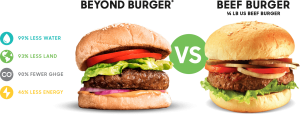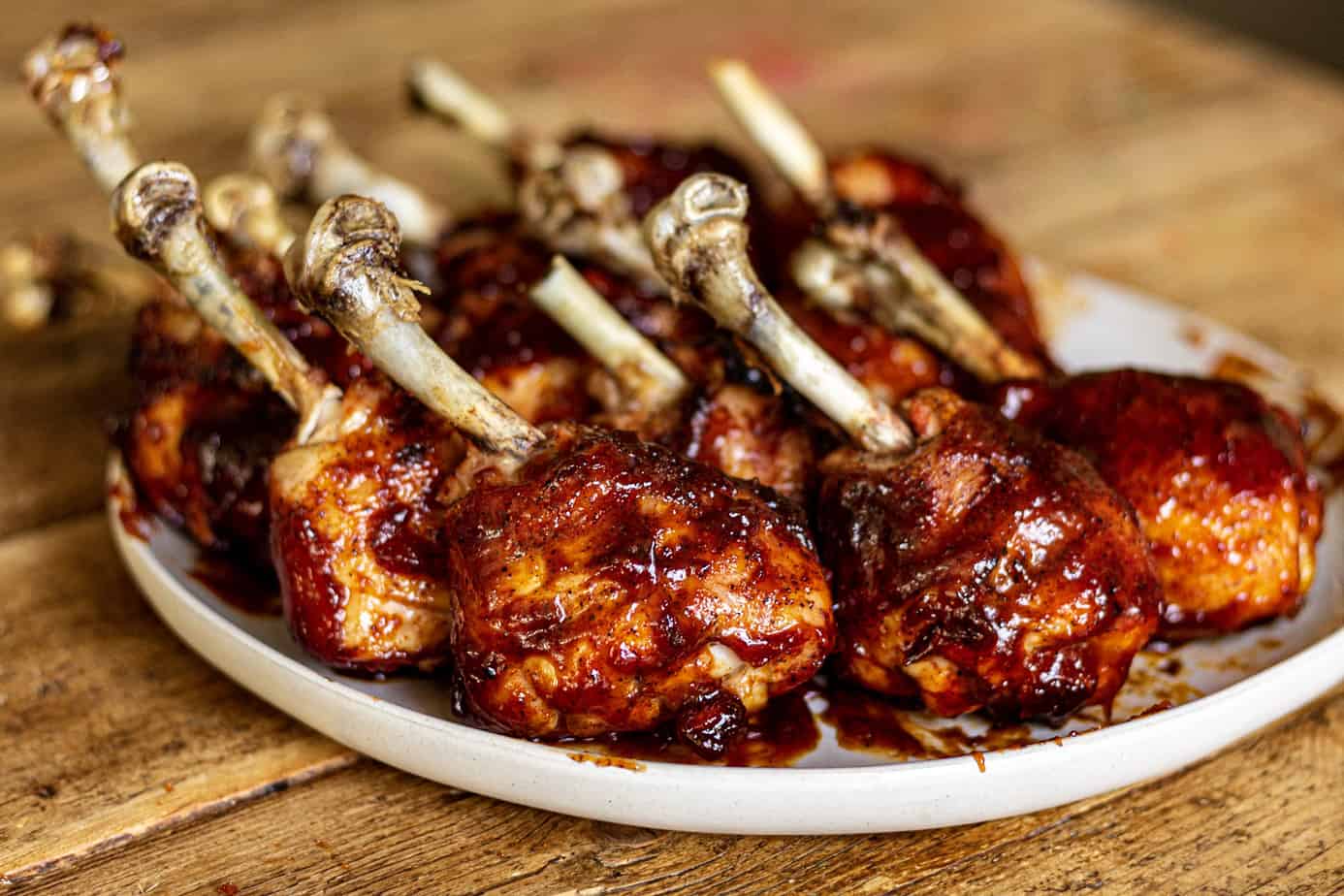Useless Thread MDCCLI: Kosovare Asllani Appreciation Thread
- Thread starter John Price
- Start date
You are using an out of date browser. It may not display this or other websites correctly.
You should upgrade or use an alternative browser.
You should upgrade or use an alternative browser.
- Status
- Not open for further replies.
Bones Malone
Owner - HF Boards
Bones Malone
Owner - HF Boards
Bones Malone
Owner - HF Boards
Bones Malone
Owner - HF Boards
Bones Malone
Owner - HF Boards
Bones Malone
Owner - HF Boards
Bones Malone
Owner - HF Boards
Bones Malone
Owner - HF Boards
Bones Malone
Owner - HF Boards
Bones Malone
Owner - HF Boards
Bones Malone
Owner - HF Boards
Bones Malone
Owner - HF Boards
Bones Malone
Owner - HF Boards
Bones Malone
Owner - HF Boards
Bones Malone
Owner - HF Boards
John Price
Gang Gang
- Sep 19, 2008
- 385,044
- 30,539
Dude do you know how unhealthy that is for the earth
Our impact
Who says meat has to come from animals? Meat is made up of four building blocks: protein, fat, trace minerals, and water. Beyond Meat® finds these same building blocks in the plant kingdom to rebuild meat from the ground up without sacrificing on taste or texture. Building meat without the animal requires fewer resources, making it a much more efficient and sustainable process. Now that's food for thought!
Our impact
Who says meat has to come from animals? Meat is made up of four building blocks: protein, fat, trace minerals, and water. Beyond Meat® finds these same building blocks in the plant kingdom to rebuild meat from the ground up without sacrificing on taste or texture. Building meat without the animal requires fewer resources, making it a much more efficient and sustainable process. Now that's food for thought!
Bones Malone
Owner - HF Boards
Dude do you know how unhealthy that is for the earth
Our impact
Who says meat has to come from animals? Meat is made up of four building blocks: protein, fat, trace minerals, and water. Beyond Meat® finds these same building blocks in the plant kingdom to rebuild meat from the ground up without sacrificing on taste or texture. Building meat without the animal requires fewer resources, making it a much more efficient and sustainable process. Now that's food for thought!
Are you positive about all this or just semi positive?
John Price
Gang Gang
- Sep 19, 2008
- 385,044
- 30,539
Did you know beef is one of the most resource-intensive foods in our diet? To make just ONE ¼ lb beef patty requires 58 gallons of water and 41 sq. ft of land. But who says meat has to come from animals? Meat is made up of four building blocks: protein, fat, trace minerals, and water. Beyond Meat finds these same building blocks in the plant kingdom and rebuilds meat from the ground up without sacrificing on taste or texture.

It makes intuitive sense that if you skip the middleman, you can make meat much more efficiently, but how much more? We're excited to finally share that over the last year, we worked with the University of Michigan to lead a 3rd-party, peer-reviewed Life Cycle Analysis (LCA) comparing the environmental impact of making a 1/4 Beyond Burger versus everything that goes into making a ¼ lb. U.S. beef burger.
The LCA study concluded that The Beyond Burger uses 99% less water, 93% less land, generates 90% fewer Greenhouse Gas Emissions (GHGE), and requires 46% less energy than a beef burger.

Building meat without the animal requires way less resources, making it a much more efficient and sustainable process. The Beyond Burger is simply meat made better.
The announcement of the report coincides with Beyond Meat being honored by the United Nations as a 2018 Champion of the Earth. This award is the UN's highest and most prestigious environmental honor, and we're beyond humbled they're recognizing our global sustainability efforts as a leader for positive change.
To read full study, click here.
CHEW ON THIS:
One of the goals behind the LCA study was to quantify the positive impact consumers can have on climate and natural resources by shifting from beef burgers to Beyond Burgers. Americans eat an estimated 50 BILLION hamburgers every year! On average, that's 3 burgers per week. More than the car you drive or the type of light bulbs used in your home, the meat you eat has a huge impact on the environment.
If Americans switched just one of these beef burgers to a plant-based Beyond Burger for a year...
It would be like taking 12 MILLION cars off the road and saving enough energy to power 2.3 MILLION homes.
That's what we like to call, a burger with benefits!
ENGINEERING GLOBAL CHANGE
Sustainability doesn't stop there! A commitment to environmental stewardship has always been an essential pillar in Beyond Meat's vision. In addition to making products that have a lighter environmental footprint, we recently implemented the following eco-friendly measures:

It makes intuitive sense that if you skip the middleman, you can make meat much more efficiently, but how much more? We're excited to finally share that over the last year, we worked with the University of Michigan to lead a 3rd-party, peer-reviewed Life Cycle Analysis (LCA) comparing the environmental impact of making a 1/4 Beyond Burger versus everything that goes into making a ¼ lb. U.S. beef burger.
The LCA study concluded that The Beyond Burger uses 99% less water, 93% less land, generates 90% fewer Greenhouse Gas Emissions (GHGE), and requires 46% less energy than a beef burger.

Building meat without the animal requires way less resources, making it a much more efficient and sustainable process. The Beyond Burger is simply meat made better.
The announcement of the report coincides with Beyond Meat being honored by the United Nations as a 2018 Champion of the Earth. This award is the UN's highest and most prestigious environmental honor, and we're beyond humbled they're recognizing our global sustainability efforts as a leader for positive change.
To read full study, click here.
CHEW ON THIS:
One of the goals behind the LCA study was to quantify the positive impact consumers can have on climate and natural resources by shifting from beef burgers to Beyond Burgers. Americans eat an estimated 50 BILLION hamburgers every year! On average, that's 3 burgers per week. More than the car you drive or the type of light bulbs used in your home, the meat you eat has a huge impact on the environment.
If Americans switched just one of these beef burgers to a plant-based Beyond Burger for a year...
It would be like taking 12 MILLION cars off the road and saving enough energy to power 2.3 MILLION homes.
That's what we like to call, a burger with benefits!
ENGINEERING GLOBAL CHANGE
Sustainability doesn't stop there! A commitment to environmental stewardship has always been an essential pillar in Beyond Meat's vision. In addition to making products that have a lighter environmental footprint, we recently implemented the following eco-friendly measures:
- Overhauled packaging design for the debut of Beyond Sausage, shifting from a plastic tray to a fully compostable tray, significantly reducing waste
- Implemented the use of water recirculation systems at our new Missouri production facility that reduces the company's water usage by 80%
- Installed solar tubes at our headquarters, which houses the new Manhattan Beach Project Innovation Center, reducing the company's dependency on electricity
John Price
Gang Gang
- Sep 19, 2008
- 385,044
- 30,539
Are you positive about all this or just semi positive?
To make just ONE ¼ lb beef patty requires 58 gallons of water and 41 sq. ft of land.
Bones Malone
Owner - HF Boards
To make just ONE ¼ lb beef patty requires 58 gallons of water and 41 sq. ft of land.
semi




John Price
Gang Gang
- Sep 19, 2008
- 385,044
- 30,539
Flexitarian Diet Review: Less Meat and Weight Loss?
Author and dietitian Dawn Jackson Blatner says that eating mainly plant-based foods is a smart way to cut calories. But she knows not everyone is willing to become 100% vegetarian. Flexitarians (“flexible vegetarians”) eat a lot less meat than they used to but don't give it up completely.
Author and dietitian Dawn Jackson Blatner says that eating mainly plant-based foods is a smart way to cut calories. But she knows not everyone is willing to become 100% vegetarian. Flexitarians (“flexible vegetarians”) eat a lot less meat than they used to but don't give it up completely.
lol
John Price
Gang Gang
- Sep 19, 2008
- 385,044
- 30,539
Bones Malone
Owner - HF Boards
I wonder how many gallons of water and square feet @Roman Fell use to be absolutely worthless to the world?
At least a burger is a meal!
At least a burger is a meal!
John Price
Gang Gang
- Sep 19, 2008
- 385,044
- 30,539
eating meat is bad for you and the environmentI wonder how many gallons of water and square feet @Roman Fell use to be absolutely worthless to the world?
At least a burger is a meal!
- Status
- Not open for further replies.
Ad
Latest posts
-
Post-Game Talk: Kulikov doesn’t score, Panthers lose to Jets 6-3
- Latest: WaitingForThatCab
-















